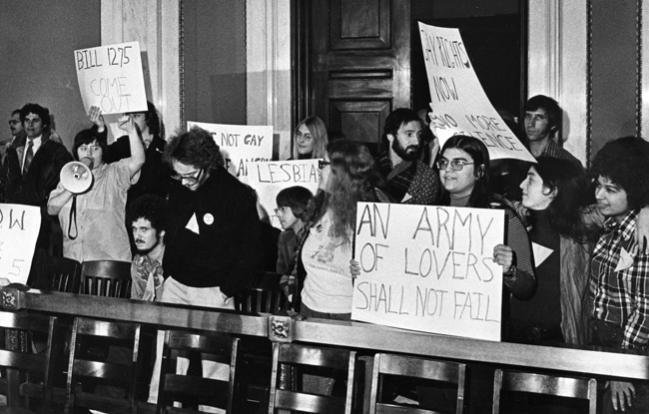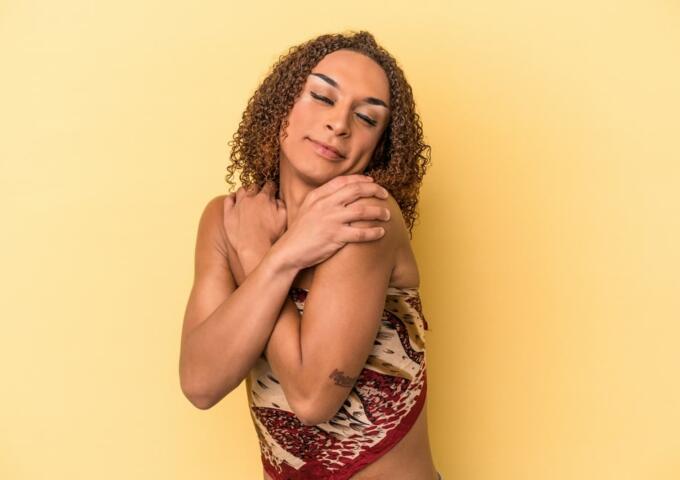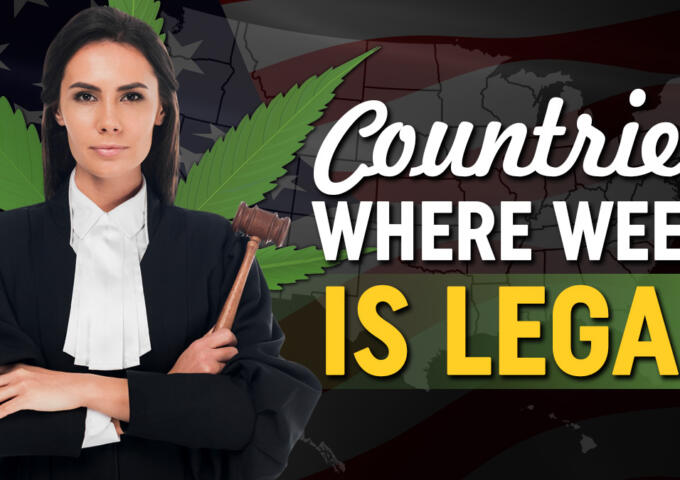
In City Council chambers, four stories high inside City Hall, the atmosphere was jubilant as several dozen advocates, activists and citizens heard testimony for Councilman James Kenney’s historic LGBT equality bill. Kenney beamed proudly as Philadelphia, long regarded as one of the nation’s most progressive cities for gay citizens, now proposed to further expand those rights and significantly extend the rights of transgender residents.
The LGBT equality bill—which passed Council last Monday, and is expected to be signed by Mayor Nutter—will establish equality-healthcare tax credits for LGBT-friendly businesses; it’s the first program of its kind. (Currently, Kenney’s office points out, only 42 percent of city businesses offer spouse-equivalent healthcare to employees, and only 10 percent offer transgender-related healthcare. On that front, we’re lagging behind corporate America: Fortune 500 companies offer 89 percent and 42 percent, respectively.) The bill will also change the language used on city forms to read “mother/parent 1” and “father/parent 2,” and it adds gender identity to district health centers’ non-discrimination provision.
Audience members hugged one another in anticipation of the hearing. “I know for folks in this room, it’s been a long time,” Kenney said, “but in a relatively short period of time, we have accelerated forward.” A couple looked at each other and smiled.
Progress wasn’t always this smooth. This latest success for local gay and lesbian rights builds directly on the work of a largely forgotten group of 1970s radical feminist lesbian activists. When those young women came to City Hall 37 years ago, it wasn’t a celebration—it was a beatdown.
Kenney’s LGBT equality bill is directly built on their refusal to remain silent.
Sherrie Cohen remembers the 1970s as an exciting, euphoric time. “We had a wealth of activity in the lesbian community,” she says. “We had public dances and parties, we had a feminist bookstore, the Hera [feminist newspaper], women playing music, feminist households, collectives of women living together that often worked together.”
Cohen is a longtime activist born into a well-regarded Philadelphia political family. Her father, the late David Cohen, was a longtime city councilman known for progressive leadership that was often at odds with a majority of his coworkers. Sherrie’s brother is state Rep. Mark Cohen, most recently in the news for his support of a medical marijuana bill. In 2011, Sherrie Cohen, who is now co-chair of the Liberty City LGBT Democratic Club, ran for an at-large Council seat—and lost by just 1,600 votes. She was the first openly gay Democratic candidate for City Council.
But in the 1970s, Cohen was still working for change from a radical space outside the system. Specifically, in 1975, LGBT activists in Philadelphia were trying to get City Council Bill 1275 passed. The bill would have added “sexual orientation” to the Human Rights Code, which in turn would have outlawed discriminating against LGBT people for employment and housing.
Despite activists’ efforts, it became clear that Bill 1275 was going to be left to die in committee. In response, the Gay Activist Alliance organized a protest. “A group of us who were friends, young lesbian feminists in our early 20s, heard there was going to be this silent vigil at City Council the next day to mourn the death of Bill 1275,” Cohen recalls. “We decided, no—we were going to be silent no longer as a community.”
This loose collective of feminist lesbian direct-action activists called themselves the Dyketactics, named after an underground film by Barbara Hammerstein. They declared their goal was to “electrify the imaginations of the gay and women’s communities.” Preparing to protest the suppression of Bill 1275, they made up a banner the night before the City Council meeting, reading: “You will never have the comfort of our silence again.”
The Dyketactics went to bed ready to make a statement; they didn’t know they would make history. As Dyketactics protestor and poet Barbara Ruth would later recall in an essay published in Philly activist Tommi Avicolli Mecca’s 2009 anthology Smash the Church, Smash the State: “We never discussed [the possibility of] being met with violence.”
The next morning, Dyketactics arrived in City Hall, where Council members were waiting, as were the Council’s sergeant-at-arms and the Civil Disobedience Unit—a police unit established in the 1960s to deal with protesters at a time when the city averaged more than one a day. Riot police, basically.
According to Ruth’s account, local public-school fourth-graders, eighth-graders and high school seniors had been bused in on a field trip that day to watch Philadelphia government in action. They got more than they bargained for.
During the opening prayer, the Dyketactics raised clenched fists into the air. When the bill was killed, some Dyketactics defiantly tongue-kissed. Others chanted: “Free 1275!”
“Things blew up quickly,” writes Ruth. “The [Civil Disobedience] squad . . . pushed past the gay men to attack the dykes.”
“We were beaten up by the police,” recalls former Dyketactics member Paola Bacchetta by phone from her office at University of California, Berkeley, where she’s now an associate professor of gender and women’s studies.
A blur of male authorities dragged Ruth to the doorway by her long hair. “People were forced to walk over me as cops herded them out the door,” she writes. “I was kicked in the breasts, belly and vulva.”
“Without provocation, they came toward each of us, beat us up and dragged us out of the room,” Bacchetta writes in an essay in the same book. “I remember seeing a number of policemen attacking [Ruth], who was seated not far from me.”
Avicolli Mecca was there that day, as well. “I remember the guards targeting [members of Dyketactics specifically] . . . and wondering why,” he says, “because they certainly weren’t louder or doing anything anyone else wasn’t doing.”
Bacchetta tried to pull officers off of Ruth, but she was dragged into another room. Other women were dragged out, down the steps, and tossed onto the Dilworth Plaza like rag dolls.
“We were screaming ‘Stop, stop! We’ll get up, we’ll walk, don’t do that,’” Cohen remembers. “But they were determined, and they did it all the way down the four flights.”
Six of the women beat up that day—the Dyketactics 6, as they became known—filed a federal lawsuit against the city of Philadelphia, the police department and City Council’s sergeant-at-arms for use of excessive force. It was the first time an American police department had ever been sued for excessive force by a gay activist group.
A highly publicized trial took place in September 1976. As Bacchetta recalls it, she felt as if she and her friends, not the officers who’d attacked them, were on trial. Cohen agrees: “When the police officers got up to testify, they were [asked] to talk about the fact they were married, how many children they had, all the good volunteer work they [did]. And we were asked, and even witnesses were asked, ‘Are you lesbian?’ And that was [meant as] an indictment, and yes, of course we were. It was said in a way that was meant to diminish our humanity.”
In the end, the same culture of discrimination and homophobia that motivated the authorities to attack female activists in front of schoolchildren in Council chambers also prevented justice in the courtroom, as the authorities were found not guilty. Still: The case was a landmark moment in the history of the gay rights struggle. So why has it been largely forgotten?
“There are very few sources on it,” says Bacchetta, noting it’s not just the brutality in City Hall and the subsequent trial that have been forgotten, but the overall contribution of radical feminist lesbians of the era. “The way that history has been written, most of what went on got written out of it . . . People of color were completely written out of that period, which was absolutely amazing and also horrifying. It got written up as [being driven by] spunky, cute, mainly white gay men and a few lesbians hanging around.”
“Dyketactics is one example,” agrees Avicolli Mecca, “but there were [also] the Radical Lesbians in Philadelphia, which preceded and co-existed with Dyketactics, which was very influential. They also totally disappeared from history.”
Echoing Bacchetta’s perspective, Cohen quotes Barney Frank’s famous observation about gays and lesbians in public office—“If you’re not at the table, you’re probably on the menu”—remarking that the same thing applies to history. “If you’re not the group writing the history,” she says, “you may get written out of it.”
After the trial, the Dyketactics continued radical protests around Philadelphia. In June 1976, the Liberation News Service reported that Dyketactics members took action when the Philadelphia High School for Girls canceled their prom to avoid letting two lesbian students bring female dates. They took shifts standing outside passing out fliers and talking with students about sexuality.
By the time the city’s first gay-rights ordinance was passed in 1982—thanks to a concerted effort by LGBT activists, and thanks to a relatively progressive shift in city politics, including Bill Green’s succession to Frank Rizzo in the mayoralty—the Dyketactics had mostly gone their separate ways. But Scott Wilds, an activist who worked on the successful gay-rights campaign, directly credits Dyketactics for having set the stage. As he wrote in a letter to the Philadelphia Inquirer, responding to an article that glossed over the hard-fought history: “The memory of an earlier effort that culminated in the police ‘removal’ from Council chambers of members of the radical group Dyketactics,” wrote Wilds, “made our low-key lobbying efforts in 1982 seem positively conservative.”
For more perspectives on LGBT history: Equality Forum’s LGBT history panel features scholars Martin Duberman and Whitney Strub. Sat., May 4. 1pm. Free. UArts Board Room, 211 S. Broad St. equalityforum.com




